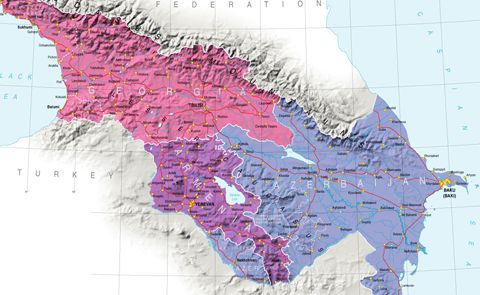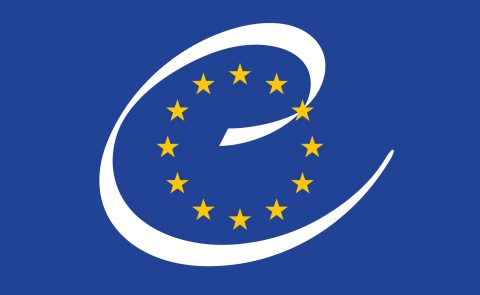
Moscow Warns Armenia Against EU Integration, Citing Economic Incompatibility
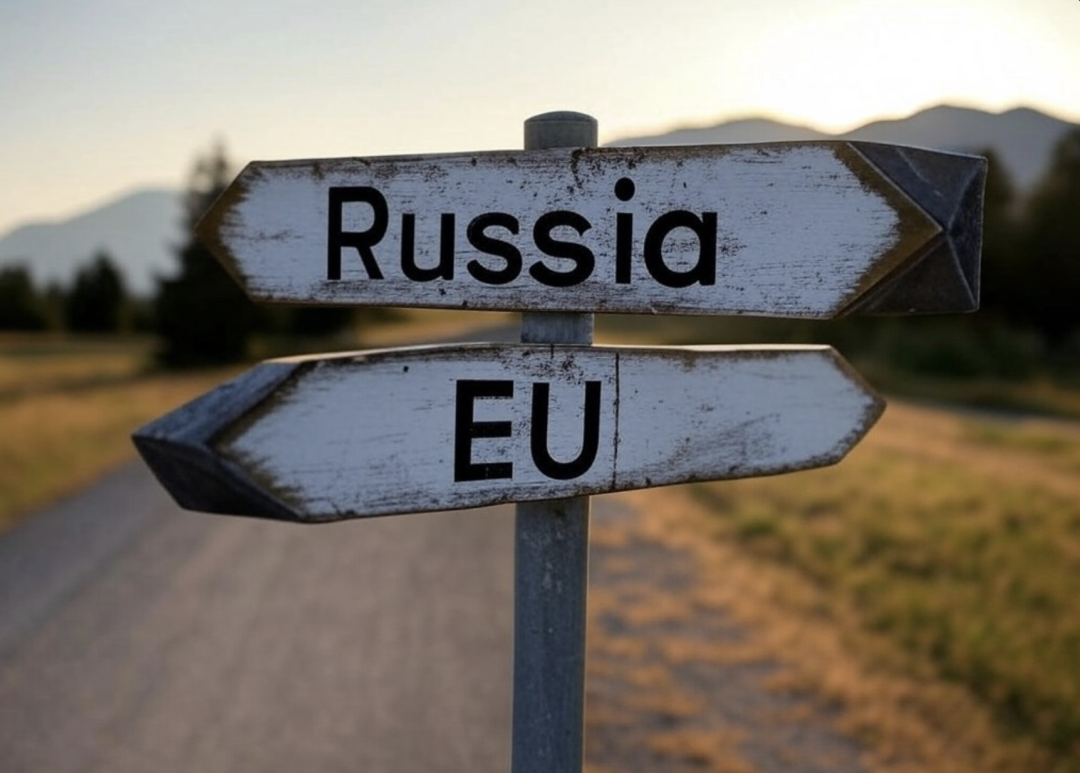
On February 10, Mikhail Galuzin, the Deputy Foreign Minister of Russia, emphasized that Armenia’s simultaneous membership in the Eurasian Economic Union and the European Union is unfeasible due to the incompatibility of their regulatory systems.
Galuzin explained that these two unions have conflicting standards across various sectors, including customs, technical and sanitary regulations, labeling, certification, and intellectual property.
He stated that Armenia’s membership in the Eurasian Economic Union brings significant long-term benefits, such as a boost in trade and investment from EAEU countries, citing the $13 billion trade turnover between Armenia and the EAEU, which increased by 53% last year. In contrast, Armenia's trade with the European Union only reached $2 billion, marking a 24% decrease. Galuzin warned that a shift toward the EU could harm Armenia’s economy and living standards, leading to a drop in GDP and damaging business sectors. He acknowledged that some Armenian citizens favor EU integration but suggested that those supporting closer ties with the Eurasian Economic Union also deserve attention.
Regarding Armenia and Azerbaijan, Galuzin stated that Russia advocates for a peace treaty between the two countries, ensuring a sustainable, long-term resolution to their relations. He opposed any hasty agreements pushed by Western entities, which he believed could foster future conflict rather than peace. Galuzin also expressed concern over the suspension of the trilateral group involving Russia, Azerbaijan, and Armenia, which was working on unblocking transportation and resuming economic ties, and urged Armenia to return to the negotiating table.
Galuzin reiterated that Russia views Western actions in the South Caucasus as destabilizing, contributing to strategic defeat rather than stabilization. He mentioned concerns about attempts to pressure countries in the region to open a second front against Russia. Despite these challenges, he emphasized that Armenia has the right to make sovereign decisions about its foreign policy and that Russia respects this, aiming only for constructive dialogue and mutually acceptable solutions.
See Also

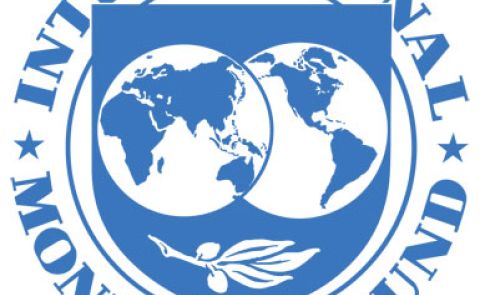
IMF Predicts Rising Strategic Reserves, GDP Growth, and Inflation Stabilization for Azerbaijan by 2030
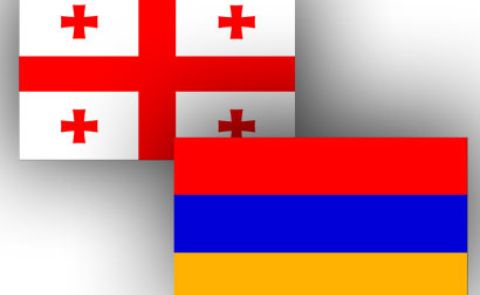
Armenian Officials and Georgian President Discuss Strategic Cooperation, Peace Efforts, and Regional Stability in Yerevan
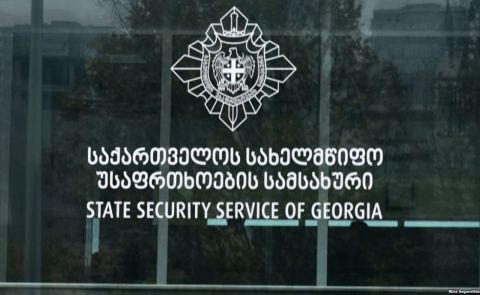
State Security Service of Georgia Identifies Occupation and Annexation as Primary National Security Challenge in 2024
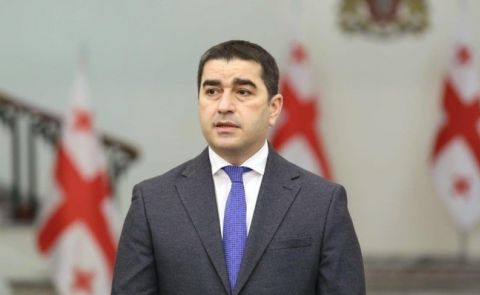
Shalva Papuashvili Criticizes EU for Misusing Funds, Warns of Continued Harm to Georgia’s Democracy
